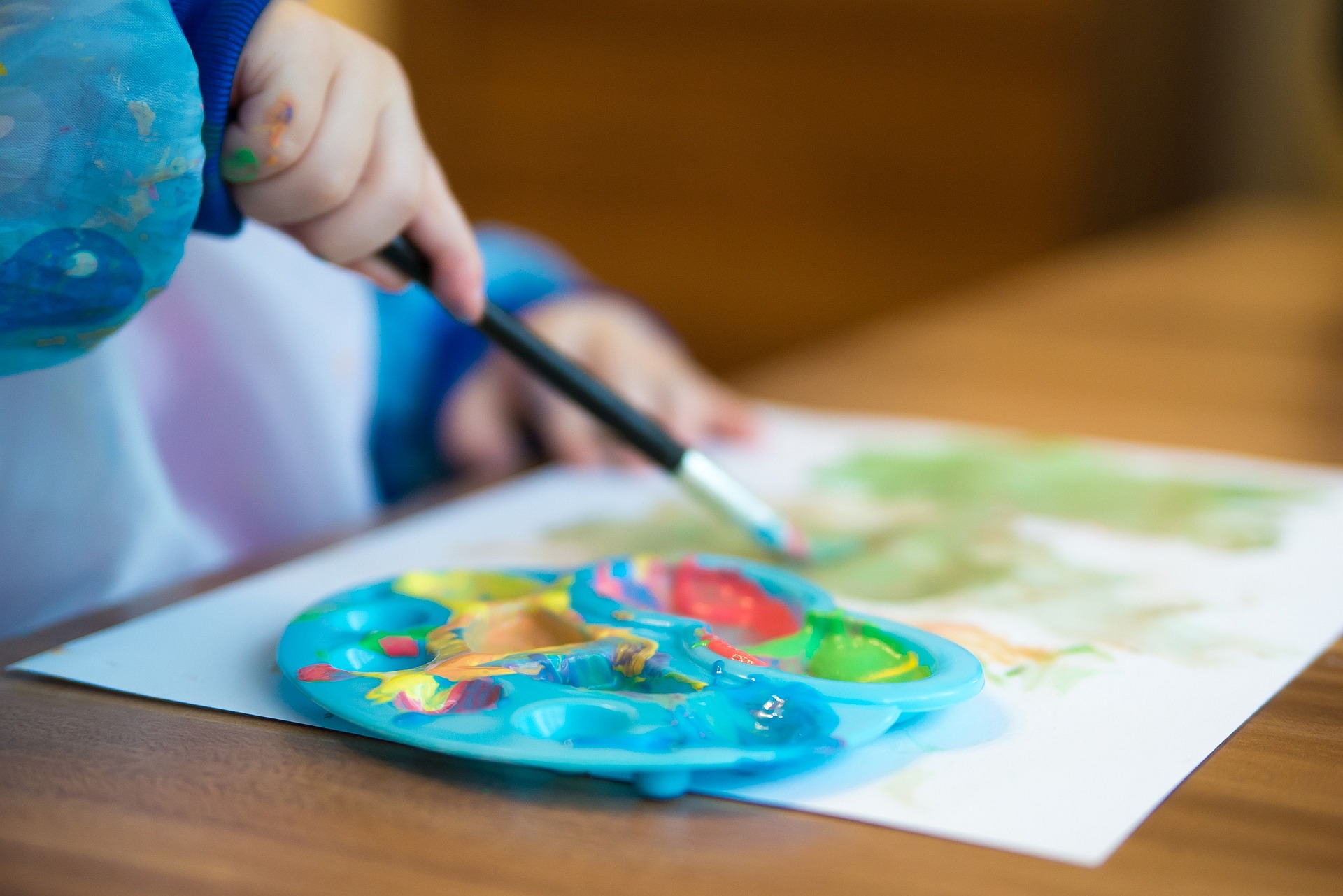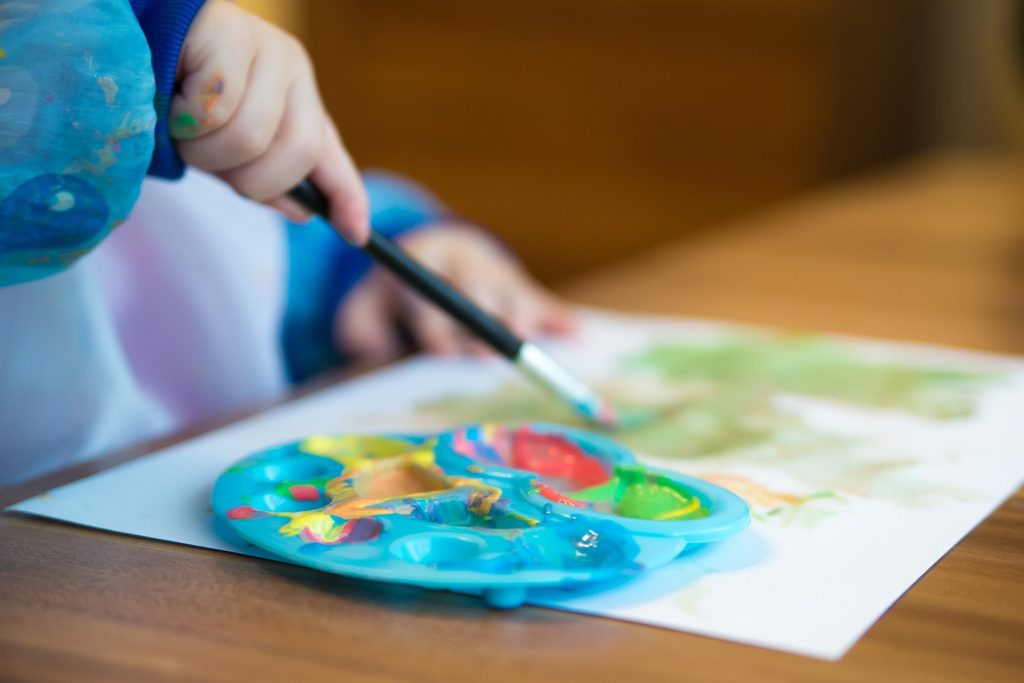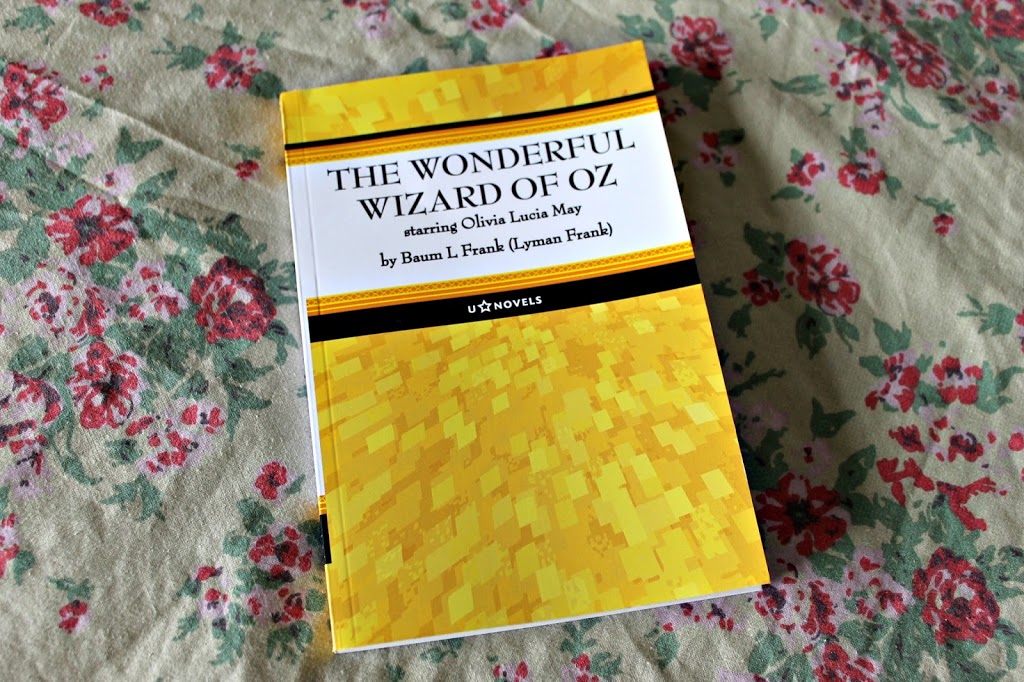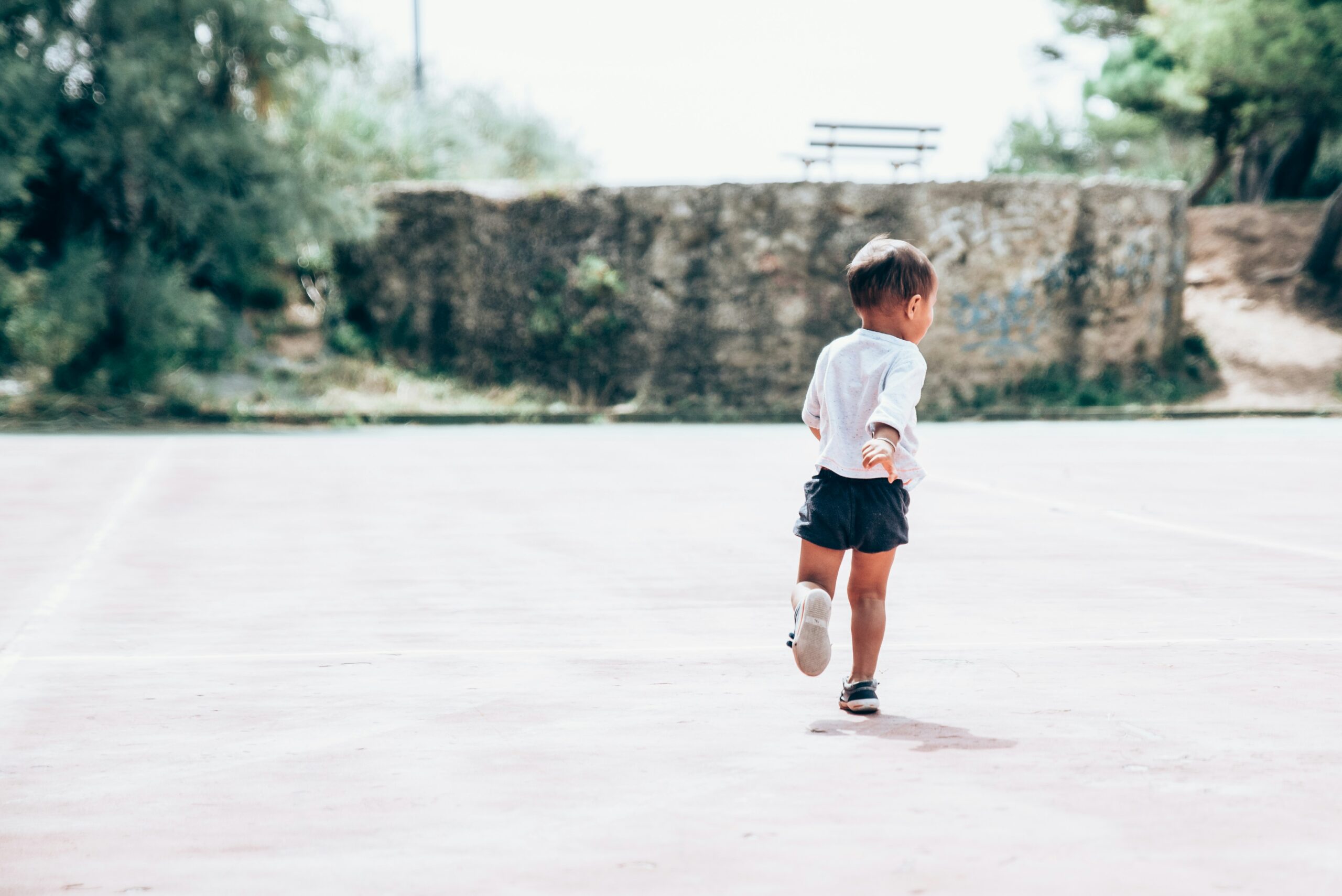
Helping Your Child Develop Their Fine Motor Skills*
Fine motor skills involve the use of the smaller muscles in our bodies, such as those in our hands and feet. Holding a pencil, clicking our fingers and doing up a button are all actions that require fine motor skills. Young children need a lot of practice to develop these skills, and mastering them from an early age is important to aid things such as writing and some self care tasks. Children who develop fine motor skills earlier in life have a bit of head start when they get to school as they’ll already be confident holding a pen or pencil. For tips on helping your child develop their fine motor skills, take a look at the following advice from an independent school in Hertfordshire.

Arts and Crafts
Children can practice using different artistic mediums and sharpen up their fine motor skills in the process. Using tools such as pencils and paintbrushes helps children develop control and precision. Toddlers may start off clutching a thick crayon with a fist and struggling to keep their work on the page, but before long they’ll be moving onto pencils and felt tip pens as their skills improve.
Building Blocks
Younger children can really benefit from playing with chunky building blocks, they help them develop coordination and spatial awareness as they master stacking one block onto another. As they get a little older, smaller blocks or construction toys take these skills even further as it becomes more fiddly to build a structure and requires more advanced dexterity.
Card Games
Not only are card games a fun way to bring the whole family together, they also help children improve their fine motor skills. Learning to hold a hand of cards and pull out one card at a time without dropping them takes a bit of practice. Start them young and soon they’ll be shuffling and dealing like a pro.


